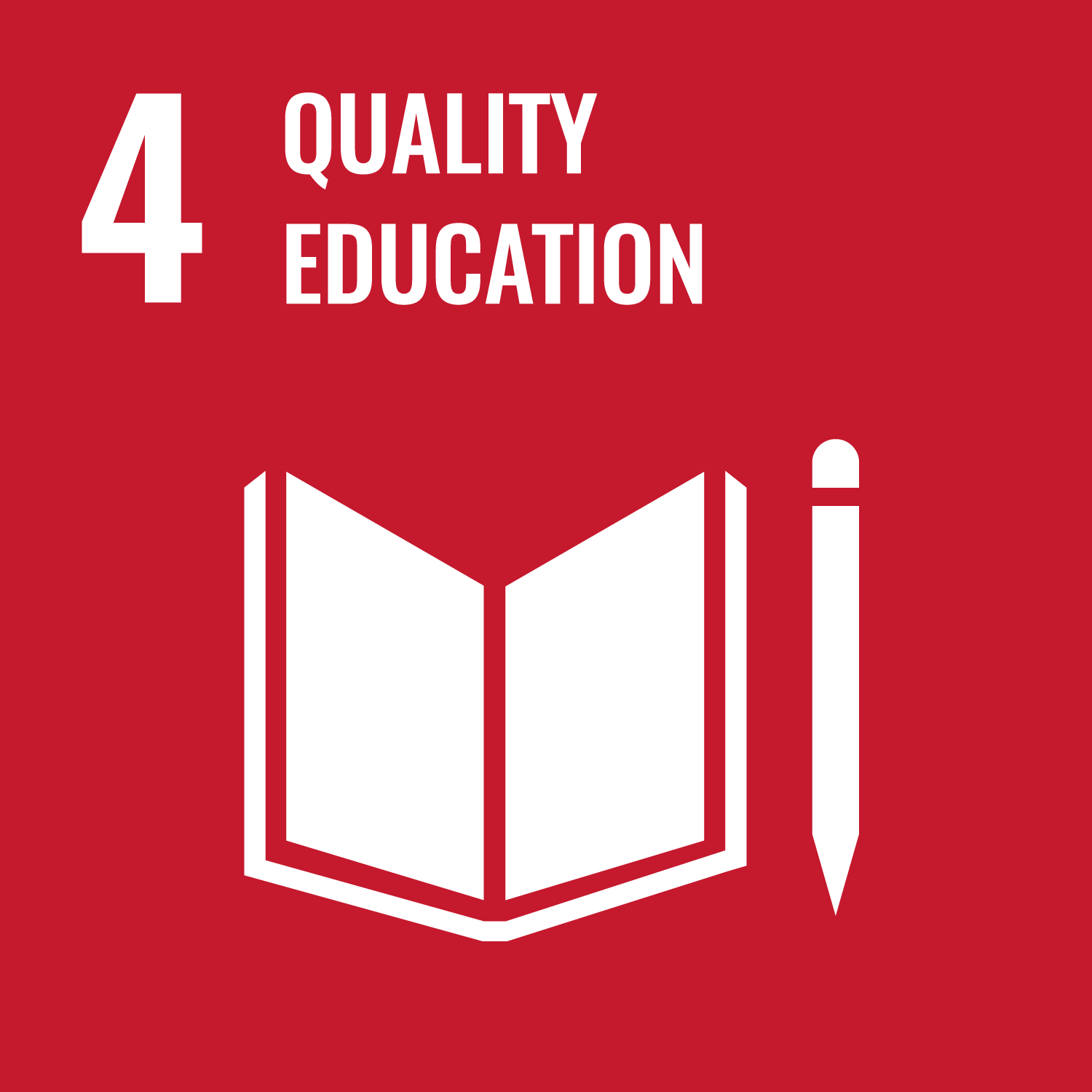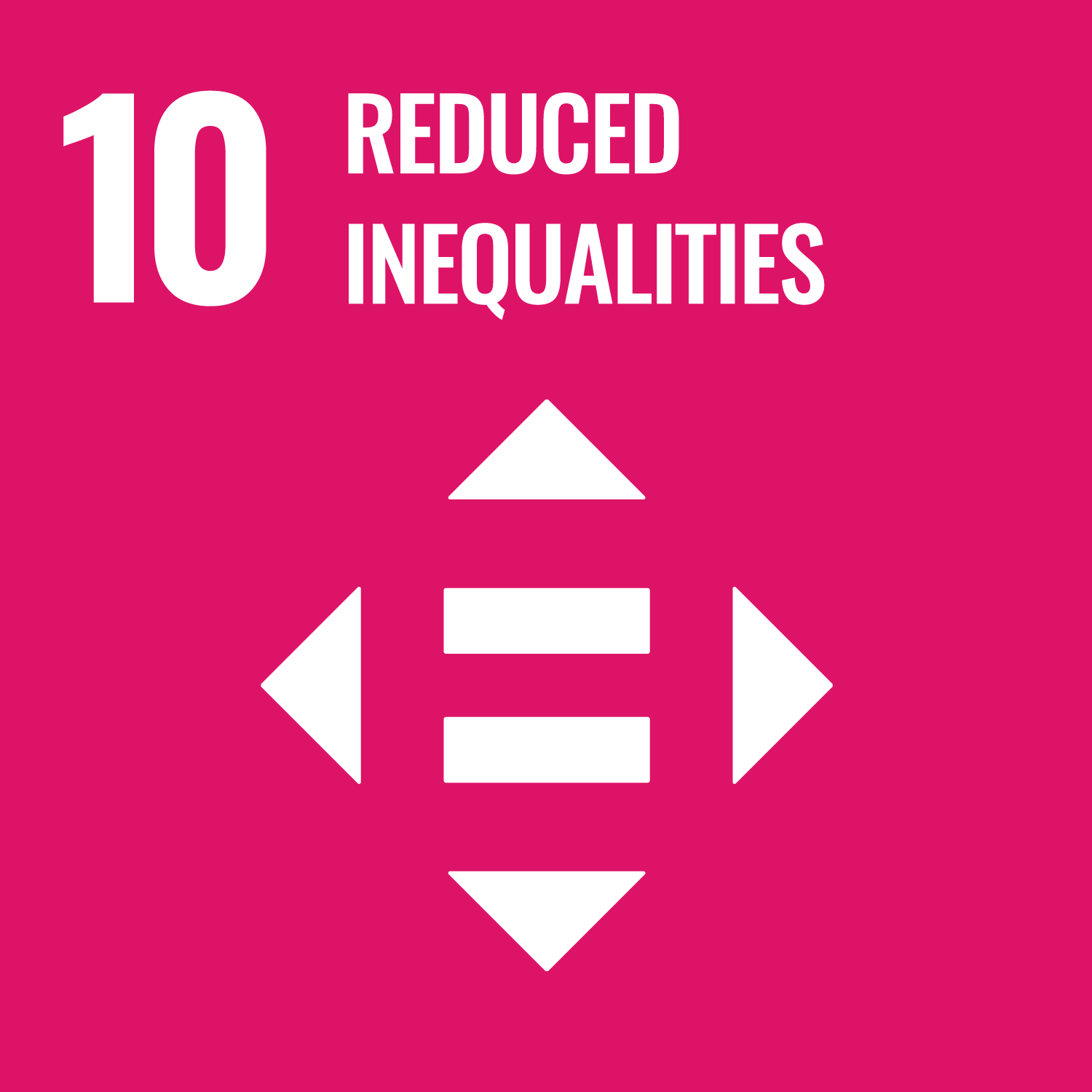Abstract
BACKGROUND: Despite there being a concerted effort in recent years to influence what doctors can do to tackle health inequalities in the UK, there has been limited policy focus on what undergraduate students need to learn at medical school in preparation for this. This project led by members of the Health Inequalities Group of the Royal College of General Practitioners in collaboration with the Institute of Health Equity, University College London sought to fill this gap. DISCUSSION: We conducted a Delphi poll using our teaching and stakeholder networks. We identified 5 areas for learning focusing on key knowledge and skills. These were population concepts, health systems, marginalised patient groups, cultural diversity and ethics. These intended learning outcomes about health inequalities represent the best available evidence to date for colleagues seeking to develop core undergraduate medical curricula on the topic.
DOI Link
Publication Date
2015-04-02
Publication Title
BMC Med Educ
Volume
15
Acceptance Date
2015-03-16
Keywords
Clinical Competence, Cultural Diversity, Curriculum, Delphi Technique, Education, Medical, Undergraduate, Educational Measurement, Ethics, Health Status Disparities, Healthcare Disparities, Humans, Social Marginalization, United Kingdom
Recommended Citation
Williamson, A., Ayres, R., Allen, J., & Macleod, U. (2015) 'Core intended learning outcomes for tackling health inequalities in undergraduate medicine.', BMC Med Educ, 15. Available at: 10.1186/s12909-015-0342-1



